THE HUB’S PARTNERS
MORE IMPACT, TOGETHER
Building our local partnerships across Europe has been a priority since the launch of the Hub in 2015. In 2019 we established more partnerships and new ways of collaboration to strengthen support on the ground.
The Hub’s partner network includes more than 40 local institutions. Almost 30 formal agreements were signed with national promotional banks and institutions (NPBIs) and other partners. More than 80 advisory requests originated from, or involved, NPBIs. These requests were related to specific projects or to institutional capacity building, or involved the exchange of information and best practice. More than 85% of these requests from local partners came from cohesion countries (among which Hungary, Poland, Bulgaria, the Czech Republic, Slovakia, Croatia, Romania, Slovenia, Lithuania, Latvia), which remained central to our awareness-raising activity.
Here are some examples of how the Hub worked hand in hand with NPBIs:
"We are very satisfied with the Hub’s support. The study produced by the Hub helped us investigate the possibility of establishing an investment platform for circular economy projects in the Netherlands."
Gabriël de Groot, Invest-NL
“The collaboration with the Hub was excellent. We received support in establishing an Investment Platform for Energy Efficiency.”
Ondřej Ptáček, CMZRB
The Hub’s support to NPBIs is not only project-specific. In 2019, the Hub organised several coaching workshops on a variety of topics, including investment platforms, energy performance contracting, state aid, and public private partnerships, to help our partners plan and deliver investment projects.
Through an ongoing call for proposals, the Hub is making funding and technical support available to NPBI partners to develop their capacity to deliver advisory services locally and boost investments on the ground. To date, we have received 15 applications and signed six funding agreements. The grant amount approved by the end of 2019 represents a total of more than €3 million signed (with MFB in Hungary, Bpifrance and CDC in France, VIPA in Lithuania, CDP in Italy, and SID Banka in Slovenia). Other agreements are under negotiation and are expected to be signed in 2020.
NPBIs that successfully applied to the Hub’s call are supported by EIB experts throughout the application process and during implementation. The Hub also provides interested NPBIs with information and advice when considering applying. The Hub hosted a dedicated session on the practicalities of the call during the EIAH Days, its annual NPBI event, held in Luxembourg in November 2019. As a result of this and other awareness-raising actions, NPBIs showed greater interest during 2019 and into 2020. The call will be open for applications until the end of June 2020.
Watch the videos below to know more about the successful applicants to the Call for Proposals launched by the Hub.
“The cooperation with the Hub was very successful. We received support throughout all phases of the application.”
Pierre Jouanno, Bpifrance
BPIFRANCE HELPS FRENCH SMALL BUSINESSES GROW
Mid-cap companies are considered a key driver of economic development. An analysis of the mid-cap segment undertaken in 2017 showed that France had considerably fewer mid-caps than other EU countries. This triggered Bpifrance’s objective to accelerate the transformation of French small businesses into mid-caps and to quadruple the number of accelerated companies. Bpifrance applied to the Hub to develop its SME Accelerator programme supporting the first 18 months of Bpifrance’s enhanced 24-month programme. Bpifrance will first assess the strategic needs and the conditions for growth of the participating SMEs and then organise training sessions, coaching and networking events for the participating companies. The programme is supported by a Hub funding grant.
“The support from the Hub can significantly boost our capacity to provide assistance to Italian public administrations.”
Alessandro Bracaletti, Cassa Depositi e Prestiti
CDP’S MUNICIPAL INVESTMENT PROJECT SUPPORT PROGRAMME
Cassa Depositi e Prestiti (CDP), the Italian national promotional bank, has long-standing experience in supporting the development of different sectors of the Italian economy. In recent years, infrastructure investments in Italy have declined, primarily due to the public authorities’ limited capacity to prepare these projects and the low attractiveness of such projects for the private sector. CDP has established an advisory unit to facilitate the preparation and delivery of sustainable infrastructure projects. This 18-month programme is backed by a grant from the Hub.
“ I would definitely recommend other NPBs to use the support of the call for proposals to enhance their advisory services.”
Roman Rojc, SID Banka
SLOVENIA’S NATIONAL PROMOTIONAL BANK CREATES A PROJECT ADVISORY UNIT
SID Banka in Slovenia identified several obstacles in the preparation and implementation of viable investment projects. One of the major difficulties was the lack of technical and financial knowledge and experience at the different stages of project development. SID Banka is establishing an advisory unit to help project promoters identify and prepare sustainable projects. The Hub is helping SID Banka structure this new advisory unit, identify investment projects and provide advisory services. The ultimate goal is to enhance the quality and quantity of sustainable investment projects in Slovenia and support the further economic development of the country. These activities are supported by a grant from the Hub.
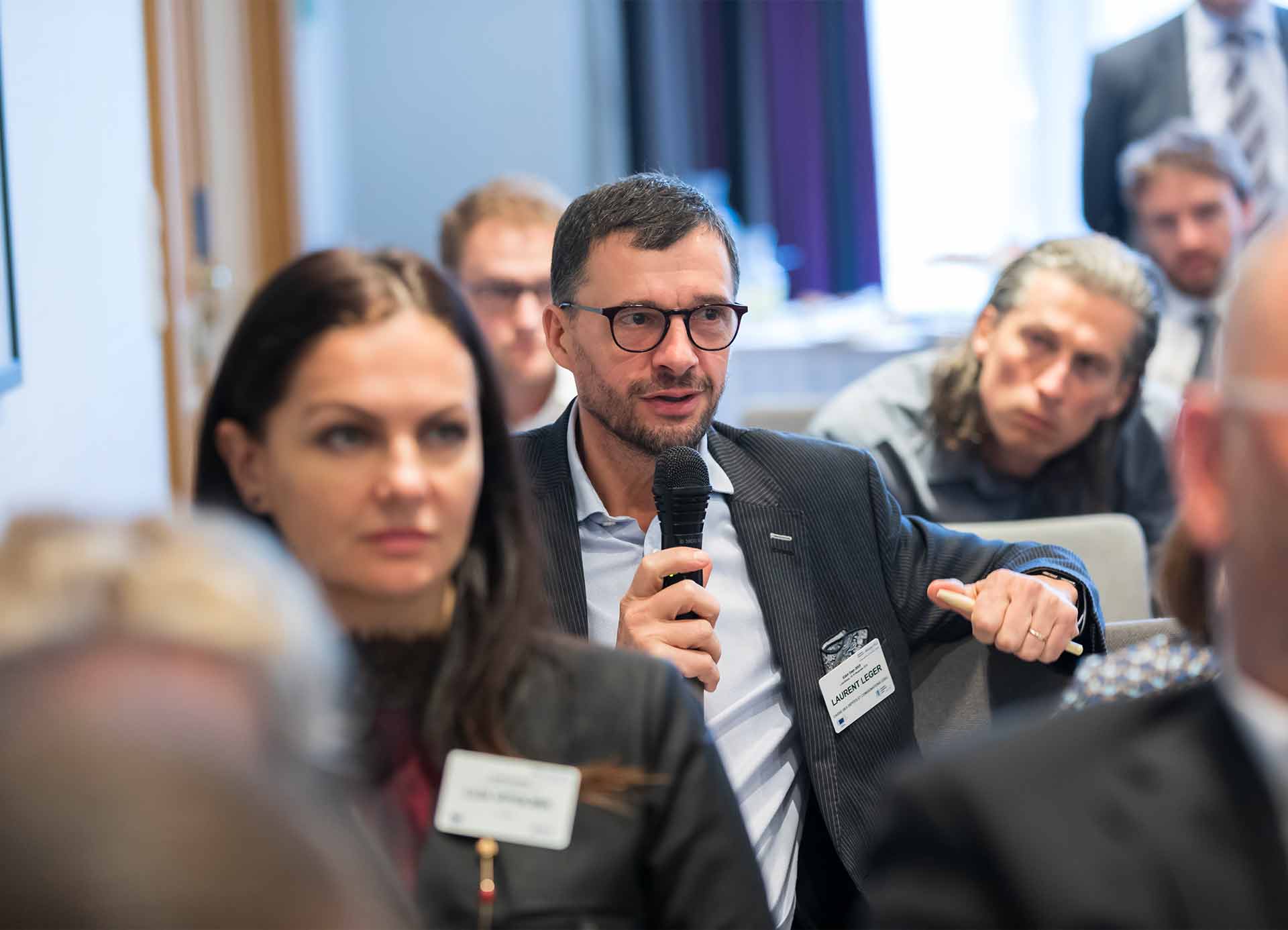
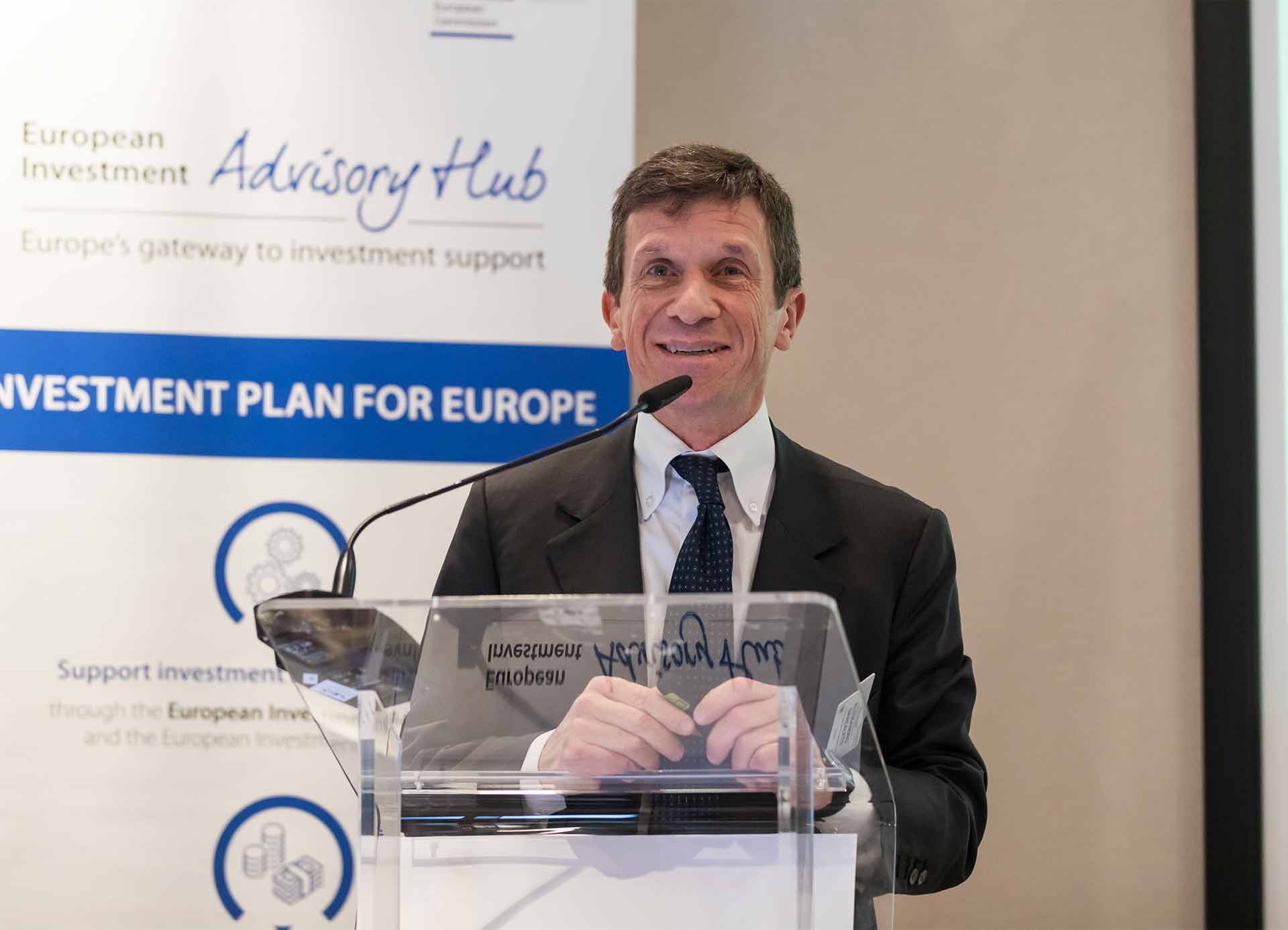
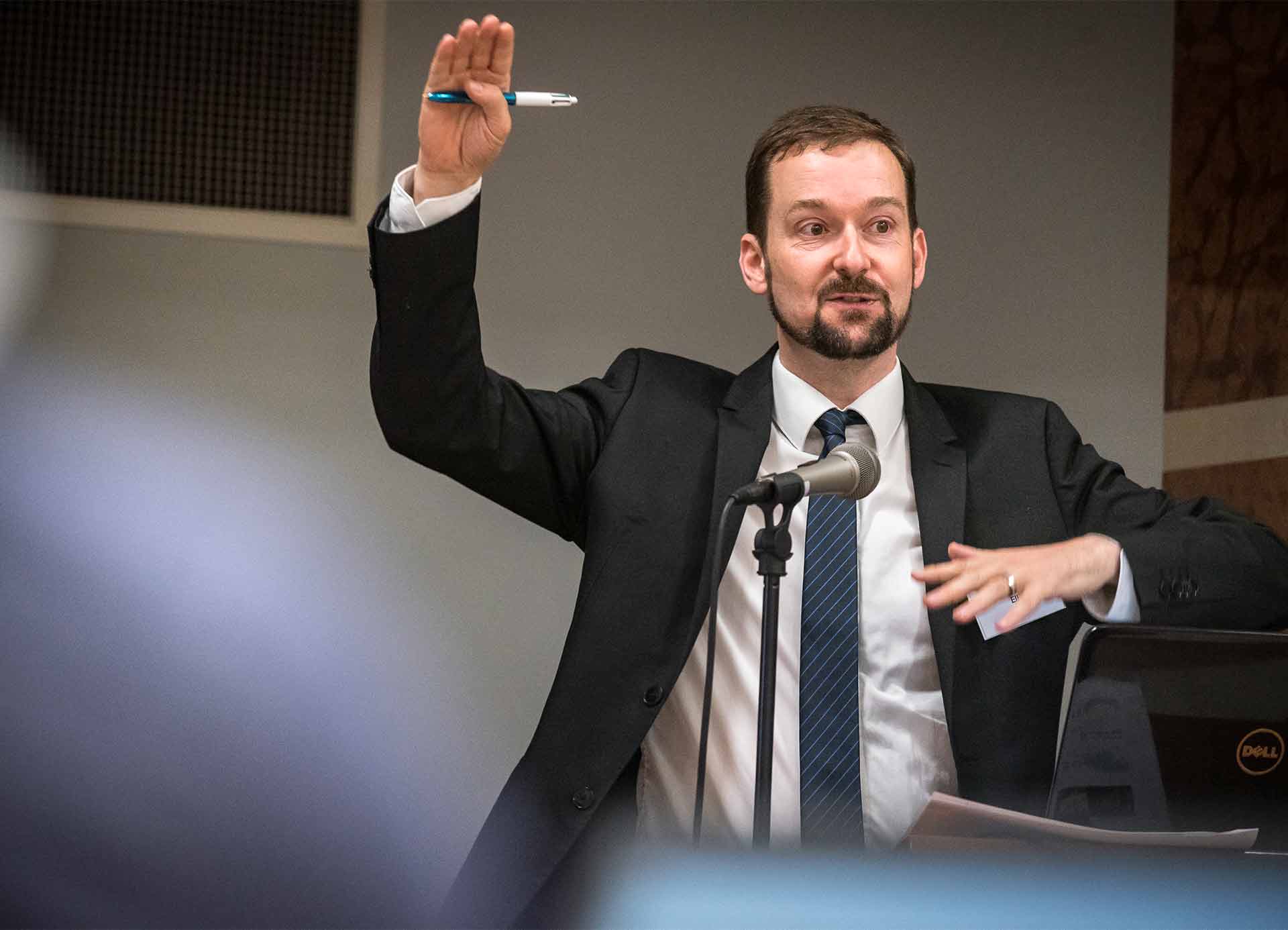
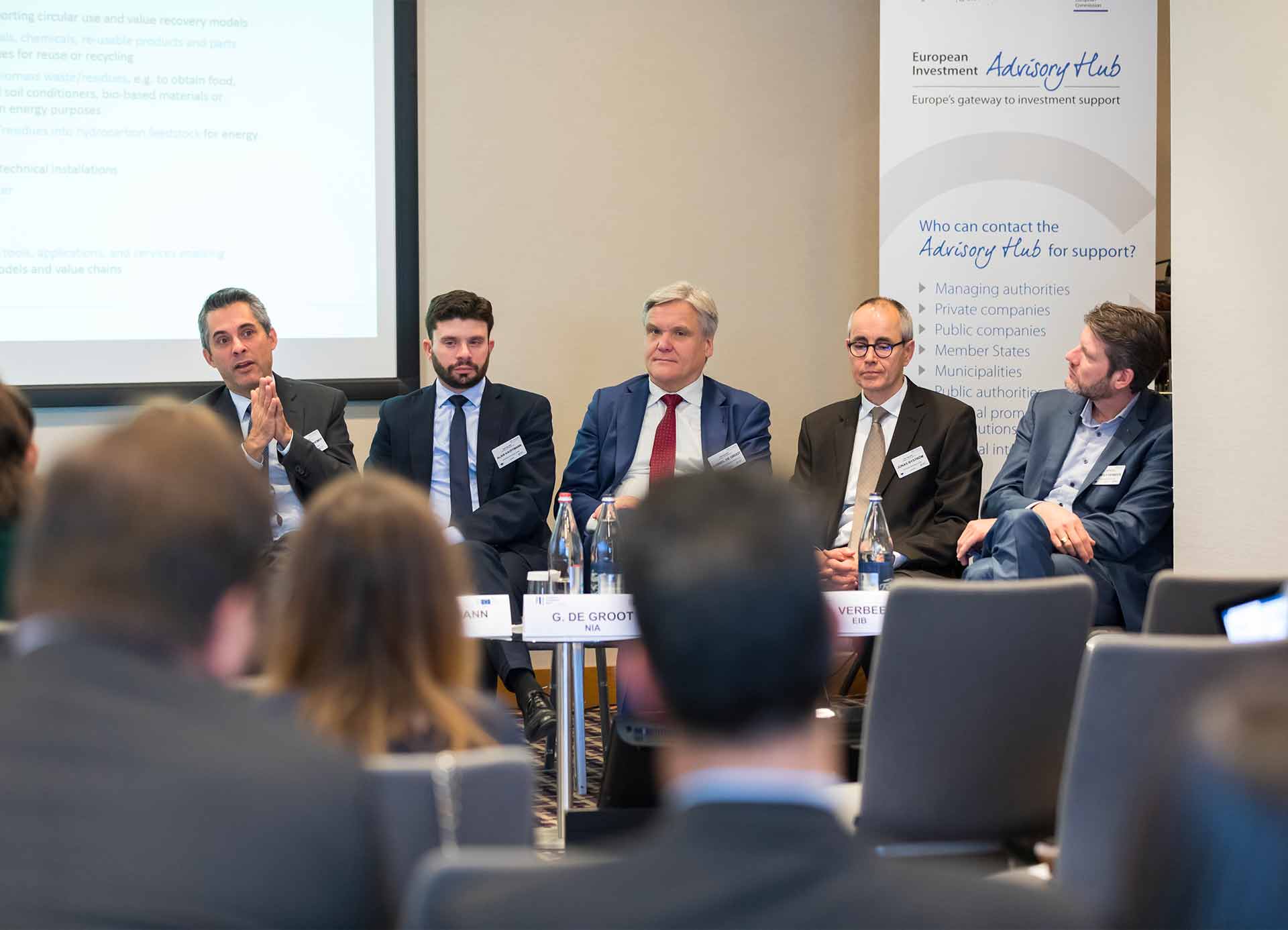
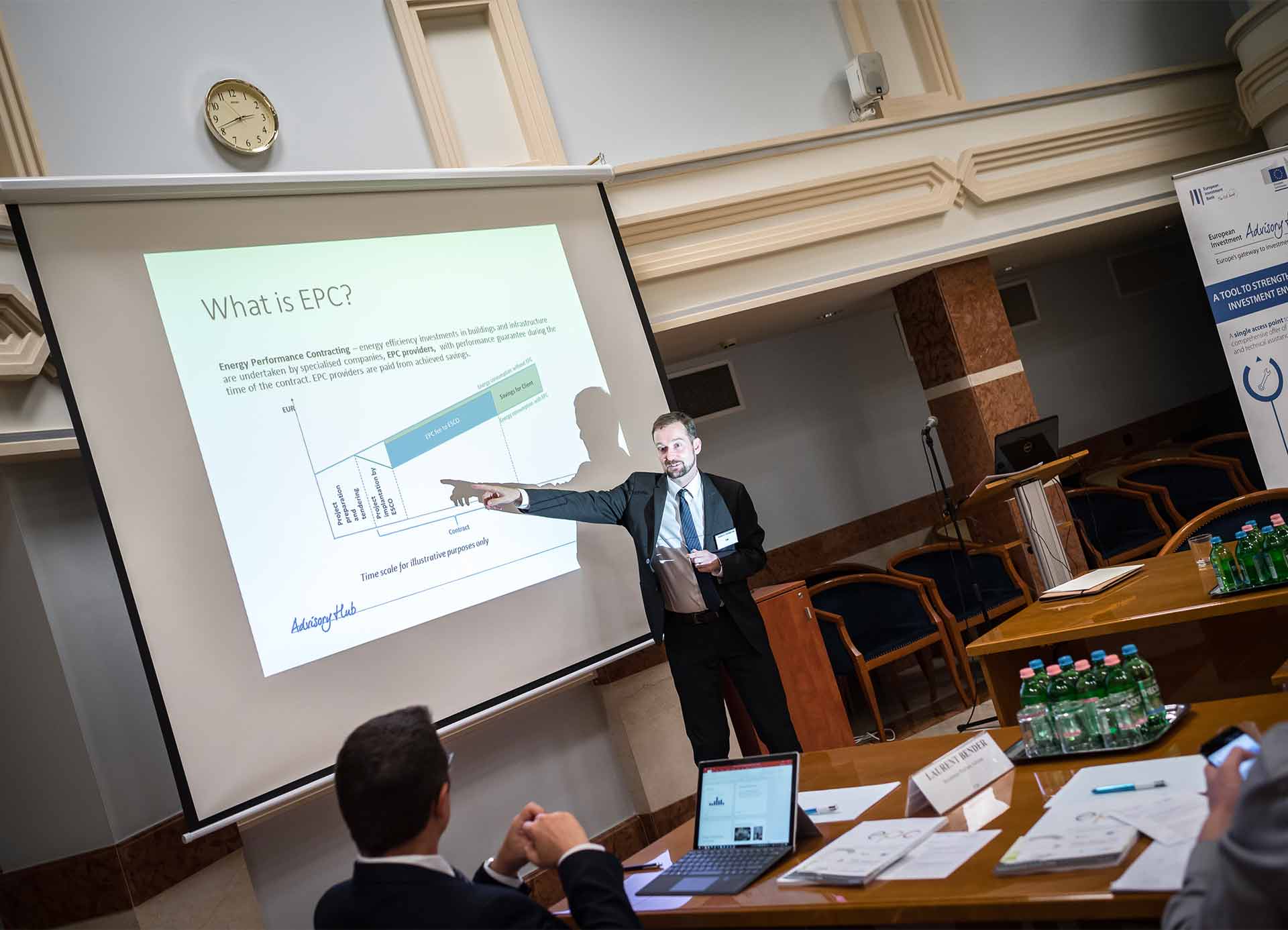
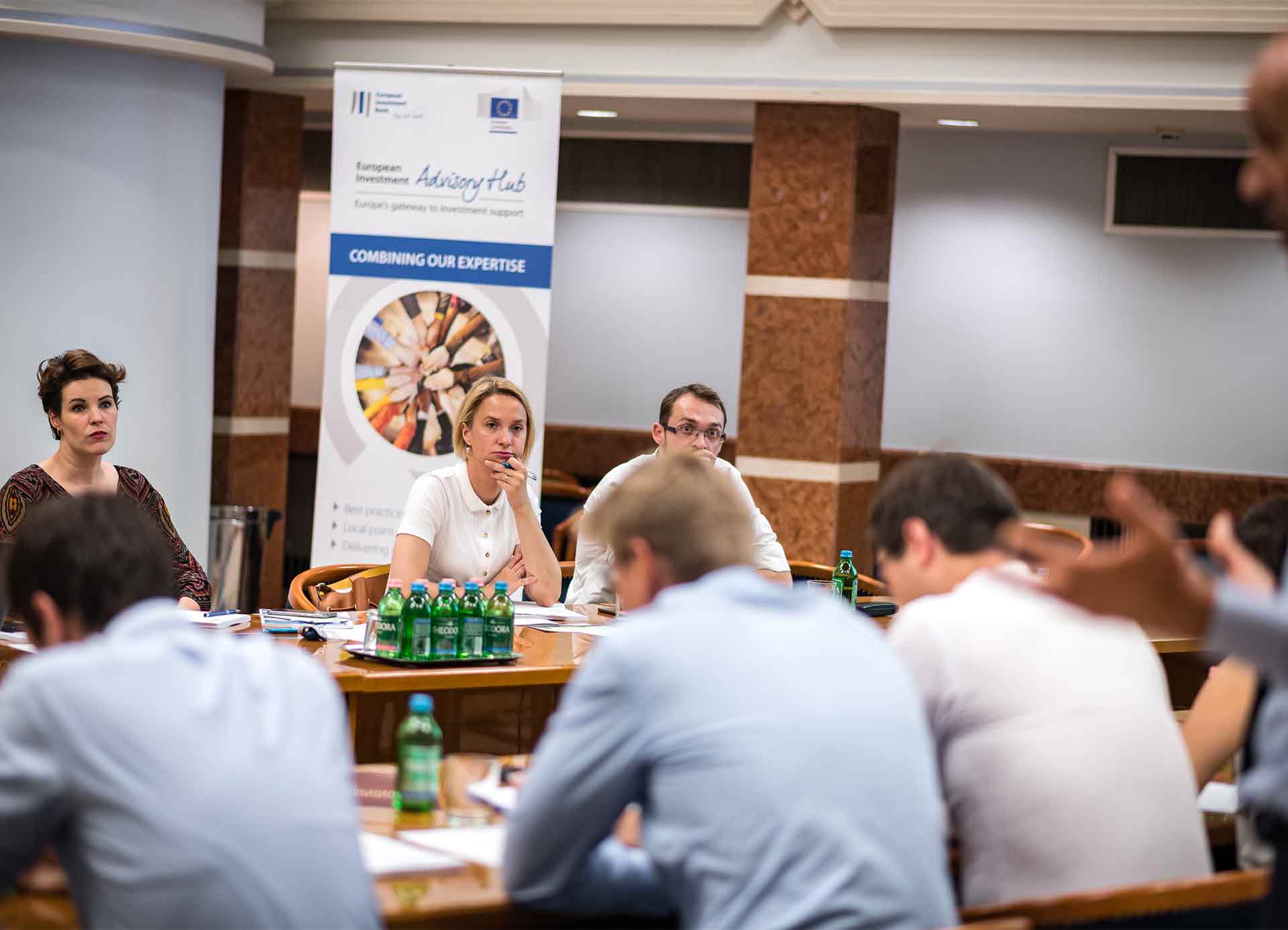
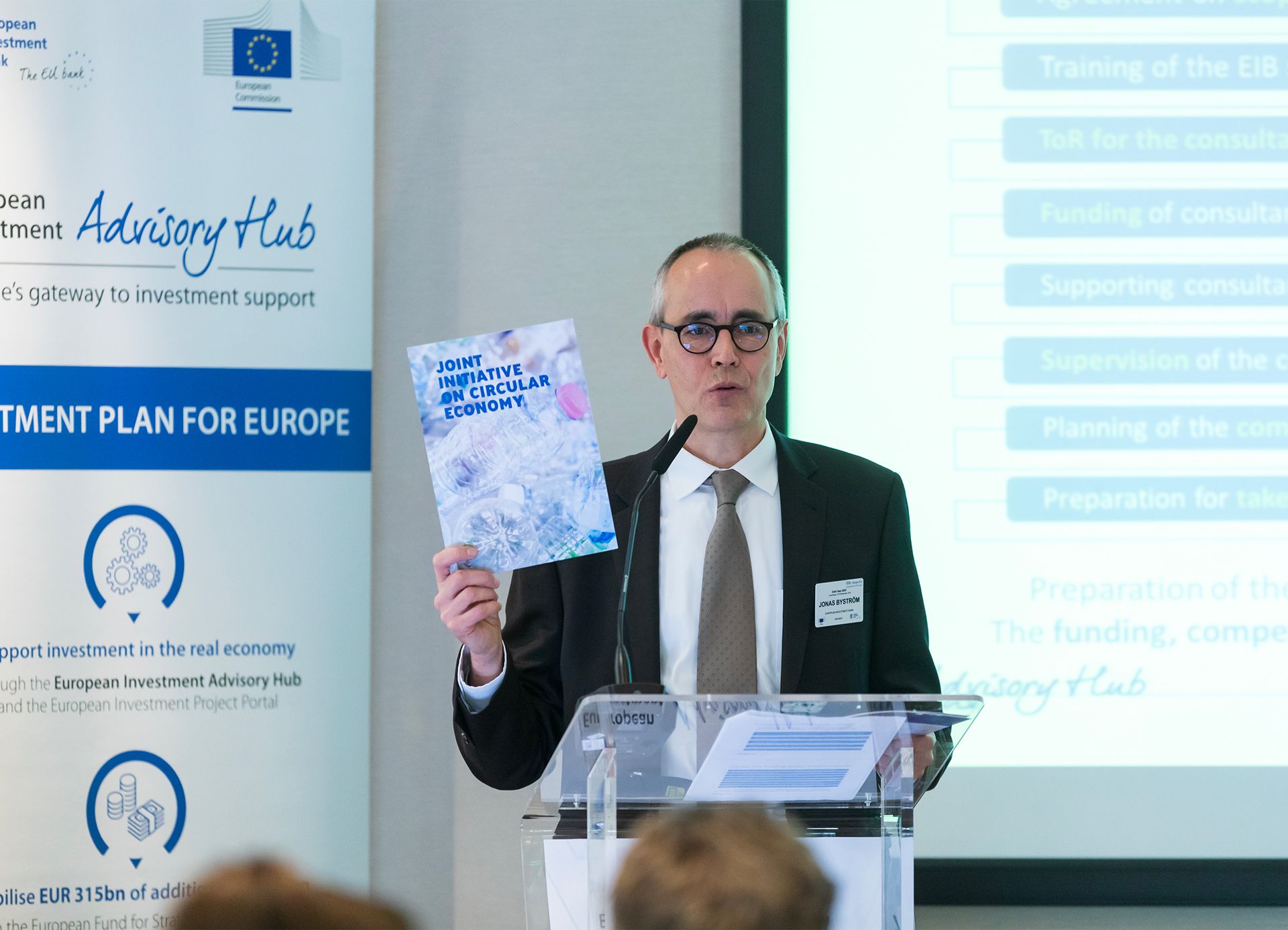
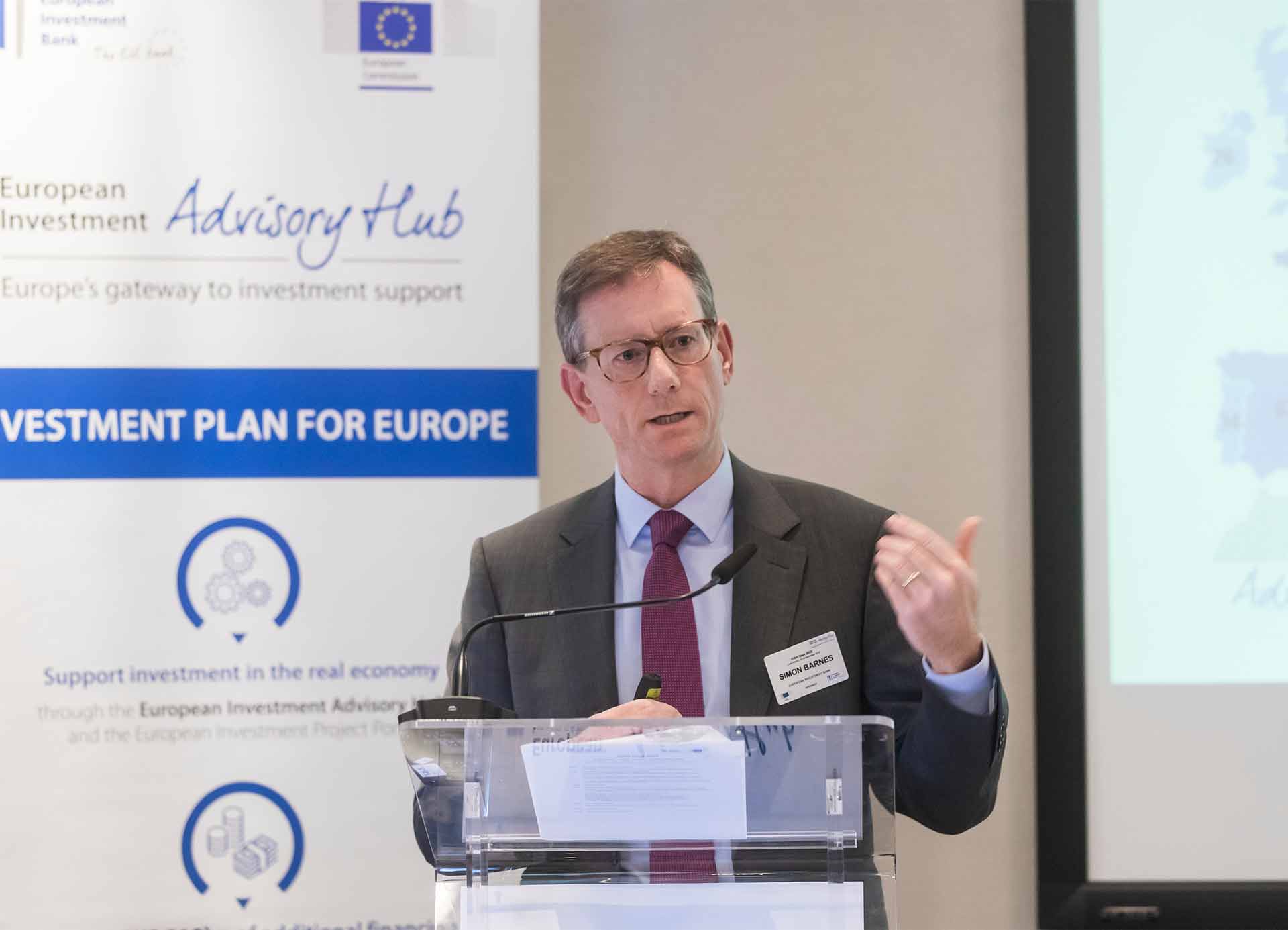
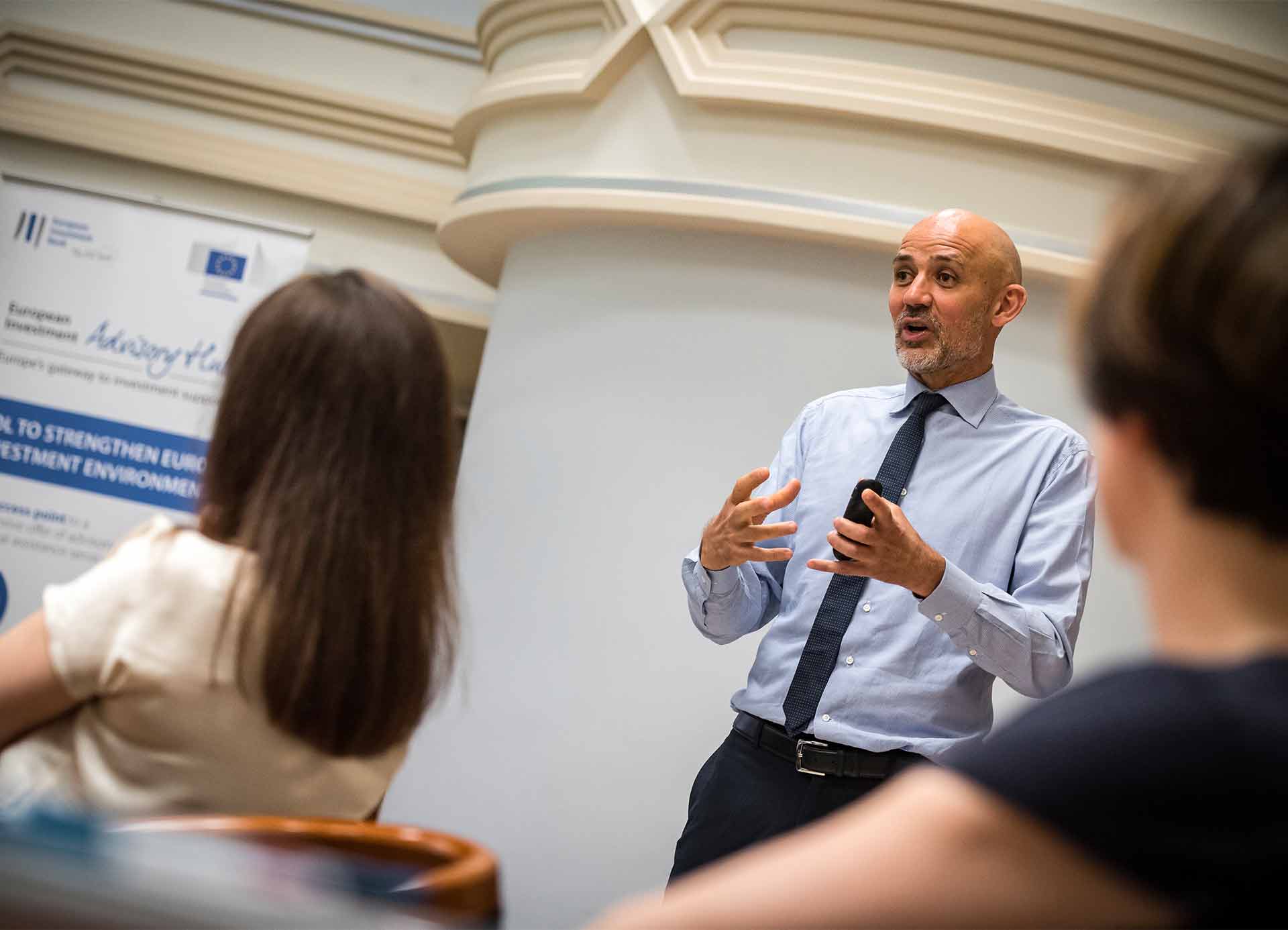
SUPPORTING SMALL BUSINESSES IN BULGARIA, CROATIA, GREECE AND ROMANIA
Thanks to funding from the European Union through the Hub, the European Bank for Reconstruction and Development now provides specialised advisory services to small businesses in Bulgaria, Croatia, Greece and Romania, via the Advice for Small Businesses programme. More than 200 private companies have received advice on identifying access to finance, enhancing export promotion, improving competitiveness as well as on corporate governance and resource efficiency.
SMART BUSINESS TOOLS FOR SMART FASHION IN BULGARIA
Solmate is a designer and seller of luxury leather shoes and bags sold under the BY FAR brand. It is a family business founded in Sofia, Bulgaria, which developed from a niche brand to a high-end product market fit. The keys to Solmate’s success were the design and comfort of their shoes and their smart market positioning as a luxury, yet accessible brand.
Solmate experienced significant growth in demand and activity (turnover grew from €0.8 million to €6.5 million in 2018), but found it difficult to cope with growing back office activity. Moreover, its old inventory system had a number of flaws, lacked some key features and did not support integration with retailing and accounting systems. The company desperately needed a smarter system to produce accurate information, support process controls and help optimise the use of material and other resources. The company sought help from the EBRD’s Advice for Small Businesses Programme to identify and implement a system to meet its specific requirements and provide for integration with retail, distribution and accounting systems. A local consultant was engaged in this assignment, which included the introduction of the new software, based on comprehensive needs analysis and optimisation of internal processes, and integration of the system with retail software and preparation of relevant documents and procedures. The project was successfully completed in 2019.
GROWTH SUPPORT FOR AGROLAND IN ROMANIA
Since its establishment in 2009, Agroland has been steadily growing to become today one of the largest chain stores for small farmers in Romania. A member of the European Rural Poultry Association, the company operates a network of over 250 stores covering 28 counties in Romania. 90% of these stores are in rural areas. The company supplies farmers with feed for chickens, pet food and small farm equipment for gardens and orchards. However, constant business growth also means that the business processes are more complex. In 2017, Agroland sought support from the EBRD’s Advice for Small Businesses Programme to enhance its organisational efficiency and effectiveness. The project included a comprehensive definition of objectives and performance indicators and variable compensation system development. As a result, the first annual staff performance assessment was successfully completed in 2018, coupled with impressive business growth (sales grew by 30% between 2016 and 2018 to €29.3 million).
Agroland had to develop some core elements of advanced corporate management. An international advisory project was developed to help the company build a roadmap to sustainable growth, for instance by developing standard operating procedures for all shops and enhancing its HR management service, with succession planning and upgrading of its corporate governance scheme.